Watch Dogs: Legion Review - Two Steps Forward, One Step Back
/Open-world, hi-tech hacking simulator Watch Dogs may have had a rough start, but it and its sequel, Watch Dogs 2, found relative success. The newest entry, Watch Dogs: Legion, adds a twist to the open-world hacking sandbox franchise by dropping the tried-and-true single protagonist formula in lieu of a novel system where your playable character might be any of the game world’s denizens. But does Watch Dogs: Legion’s “play as anyone” design work as advertised, or is it an overambitious novelty?
A Dark Shadow Over London
Right off the bat, Watch Dogs: Legion's story takes on a darker tone than its progenitors. Dual threats of terrorism and an oppressive PMC (private military company) have taken over near-future London, and it’s up to the hacktivist group, DedSec, to set things straight… until tragedy strikes.
You start the game in the shoes of a very dapper-looking James Bond-esque spy on his way to stop a bombing under Westminster Palace. But after disarming the bomb, gunning down a few armored goons, and making your escape, it’s revealed that multiple bombs at different locations in London all went off at the same time. A new villain named Zero-Day emerges from the shadows, saying they’ve sent a strike team to your allies’ base of operations. Your character is then gunned down. Luckily, one of DedSec’s members manages to escape and strives to rebuild their ranks and take back the city of London from the multiple threats looming over it. It's at this point where you’re given the option to select the first character to begin your journey.
Aside from setting the tone well, the opening is a run-of-the-mill way to show the player why you'll be starting from scratch from both a story and gameplay perspective. Your initial character pool involves randomly generated NPCs, each with a single perk chosen from a variety of functions. There are physical buffs, such as the ability to deal or resist more damage. Political appeal can mean reduced jail time for each character, or for others. Some perks might simply mean access to certain strong weapons, such as a nightstick, crowbar, or submachine gun. Perks aren’t always positive; a character might have longer jail time due to previous history as a felon, or be more susceptible to physical damage after a recent stint in the hospital.
The game takes the extra step of giving NPCs thorough profiles in order to make their abilities tie in to their jobs, habits, lifestyles, and even age. For example, elderly operatives may have low mobility, which makes their general movement slower and provides a completely different set of animations indicative of their advanced years. Instead of sprinting, elders walk. They can't fight back like most people, so instead they sneak in a jab with a pocket stun gun.
As you keep playing, you'll start to run into potential operatives with multiple abilities ranging from good skills, bad skills, and a mix of both. You might end up with a fight-prone drunkard who has the ability to call on their friends to assist in a brawl, but also suffers from fits of uncontrollable hiccups that can alert nearby enemies when you're trying to be stealthy. There are even British spies with access to cars equipped with missiles and invisibility cloaking, but also have a gambling addiction that will affect your in-game currency.
For We Are Many
Actually recruiting all of these potential operatives works as advertised - with a few limitations, you can recruit any NPC you come across to join DedSec. When recruiting a new operative, you first need to win their favor. This means quests consisting of typical Watch Dogs fare: your standard "travel to X restricted area, hack the thing, take out this person, rescue that person," etc. While there’s a wider variety to these quests than I initially expected, you will come across a few that are almost identical in either premise or location.
The illusion of uniqueness with regards to these quests is helped by the sheer amount of recorded dialogue - so much that at the very least, you won’t be encountering the same exact line with the same voice and/or accent. I imagine that due to the fact that most of your roster won't match anyone else's, each hired voice actor must have individually recorded the entire script of the game, which from a production standpoint is an insane amount of effort (and one that I appreciate). As far as I could tell, most character models and voices are randomly generated and matched, with the caveat that certain voices and accents might not fit with their corresponding archetypes (such as a thuggish underground fighter brute having a very posh and well spoken accent, something that’s a bit curious, if not an impossibility).
One fun detail about the recruitment missions is that they are always active, even if you aren't tracing or navigating them. More than once, I found myself accidentally completing two recruitment missions at the same time. In one instance I was tasked with rescuing a captive prisoner from a PMC base. After escaping in an armored vehicle, I got a call from another potential operative whose mission stated that I needed to deliver a PMC armored vehicle to them. We're so used to games locking us into certain quests that spawn or despawn certain unique assets, so Watch Dogs: Legion’s actively keeping track of all your quests was a nice surprise. Of course, this might also backfire. If for instance you’re caught in a crossfire, you might accidentally hurt a character that you're meant to assist.
Living in the Future
Watch Dogs: Legion’s gorgeous recreation of London is a fresh near-future take on the city. Drones are ubiquitous, ads and posters are digital holograms, and almost every car has an auto-drive function. Overworld interactions have changed, too. Due to London’s cramped streets and lack of road traps, car chases aren’t as prevalent in Legion. When you do become a target of the authorities, it’s not all that difficult to lose them unless you really escalate your wanted level, and even then, it’s not as punishing as in previous games. I don't mind this change, as I found the exploding steam pipes to be too powerful a tool and thought a lot of the forced chase sequences tedious.
Hacking in general is now a lot easier due to the outright removal of the Botnet or battery source. Instead of having to manage energy consumption to set or activate traps and whatnot, Legion subs in a simple cooldown. If we're being honest, Botnet management was basically a glorified cooldown mechanic anyway.
Not Enough Toys
In terms of technical wizardry, Aiden and Marcus in Watch Dogs and Watch Dogs 2 were for the most part overly equipped to handle any situation at any given moment. In Legion, since DedSec can only supply a limited amount of gear, specific units and their toolkits won’t make or break tackling complex missions, but the right person for the job (such as a drone enthusiast with their own personal drone or a spy with a watch that can jam enemy weapons) can trivialize them. The game does reward players who spend time looking for skilled recruits, but those skills tend to be hard-locked, and as you can’t simply switch out characters mid-mission or during pursuit, you need to work within limits.
This isn't to say that the tools at your disposal aren't good enough. I just wished that the game had more to offer in terms of funky futuristic tech to play around with given the setting, and how Watch Dogs’ main draw used to be the ability to tackle any given challenge from multiple angles. I'd probably be less judgmental about this design change if there were an upgrade to be able to carry two gadgets instead of one.
As mentioned, you can recruit just about anyone, even enemy guards. The main perk of recruiting units with specific jobs is gaining access to their uniforms, granting you easier access to certain locations without having to completely sneak around waist-high cover. Police officers can freely walk around stations without suspicion, granted that you don't get too close to any of your former workmates. I found this to be one of the more powerful plays, especially if you recruit one of the Albion PMC guards that can simply stroll into a lot of late-game zones. This is where I think the "play as anyone" novelty truly shines. Alternatively, you can play the entire game as a flatulent hypnotic magician grandmother.
Identity Crisis
Most of Legion’s negatives might be applied to most Grand Theft Auto-like open-world games: long loading times, the occasional vehicle stuck on some weird object, falling through the world at least once - standard fare. As I played the PS4 version of Legion, there are a few things that I would ask Ubisoft to consider. The Dual-Shock 4 touchpad isn’t fully utilized. I would have liked to use it as a quicker way to access the map and team screens. Having to open the pause menu and then scroll through different tabs just to activate GPS tracking or simply switch out a gadget is unforgivably tedious.
As far as the gunplay goes, it's serviceable, but just as awkward as it's ever been in the series. Granted, you're not carrying an entire arsenal on your person in Legion. But for a game whose primary draw is hacking and setting traps, you are too often forced into gunfights with seemingly endless guards and limited ammo.
When it comes to the story, while it’s interesting and a far better setup than previous entries, it can't seem to decide who the real big bad is. Obviously, the primary antagonist is the mysterious Zero-Day that appears at the start of the game… only, you don't hear a single thing about them until over halfway through the story. What’s more, the weight of the actions done by some of the lesser villains could have had more of an impact had I not seen them done before and better in other media.
Works As Advertised
As I did with the first two entries, I came into Watch Dogs: Legion with pretty mellow expectations, and like them, Legion impressed me just enough. The gimmick works as advertised, and seeing all the extra effort they put into it warrants at least some praise. Given the setting and tragic setup, it’s easier this time around to justify why characters would be cool with gunning down waves of soldiers and gang members. And while the story doesn't know what it wants to be half the time, the cast of villains is mercifully more interesting.
8/10
Highlights
(+) Different sets of melee animations and voices between characters
(+) All cosmetic items can be shared between genders
(-) Long loading times, occasional glitches
(-) Missions would sometimes not clear, prompting a restart
(-) Collectibles aren't very interesting
What I’ve Played
40+ hours overall game time
Unlocked all weapons and gadget upgrades
Liberated all boroughs
Maxed out team capacity
[This review is based on a PS4 review code provided by Ubisoft]

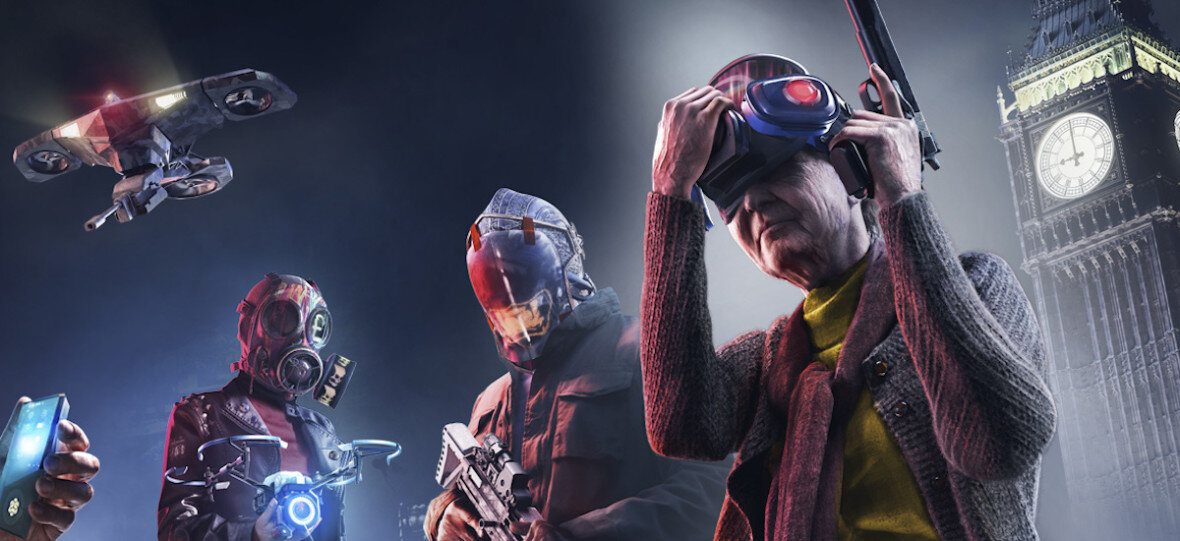
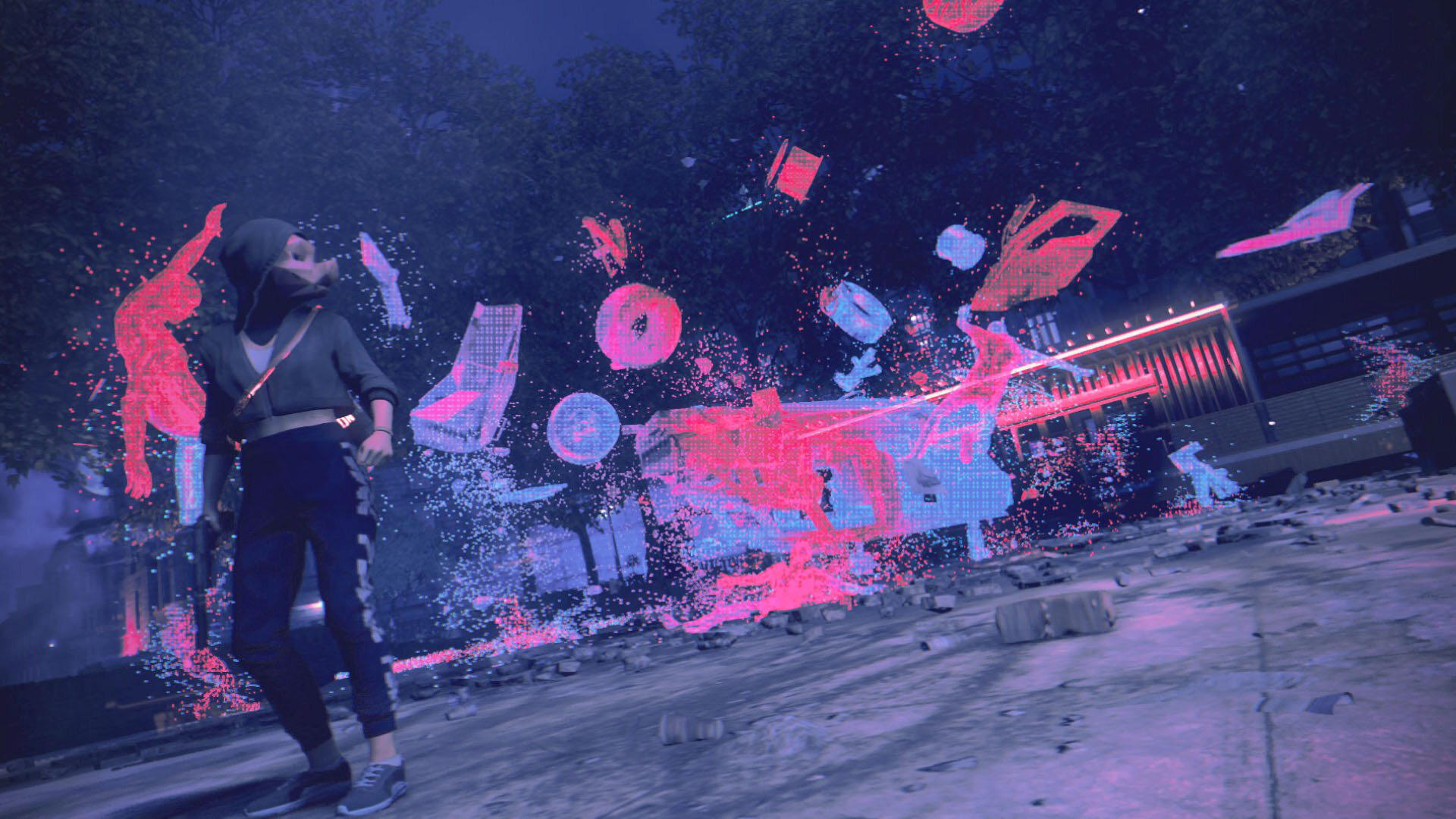
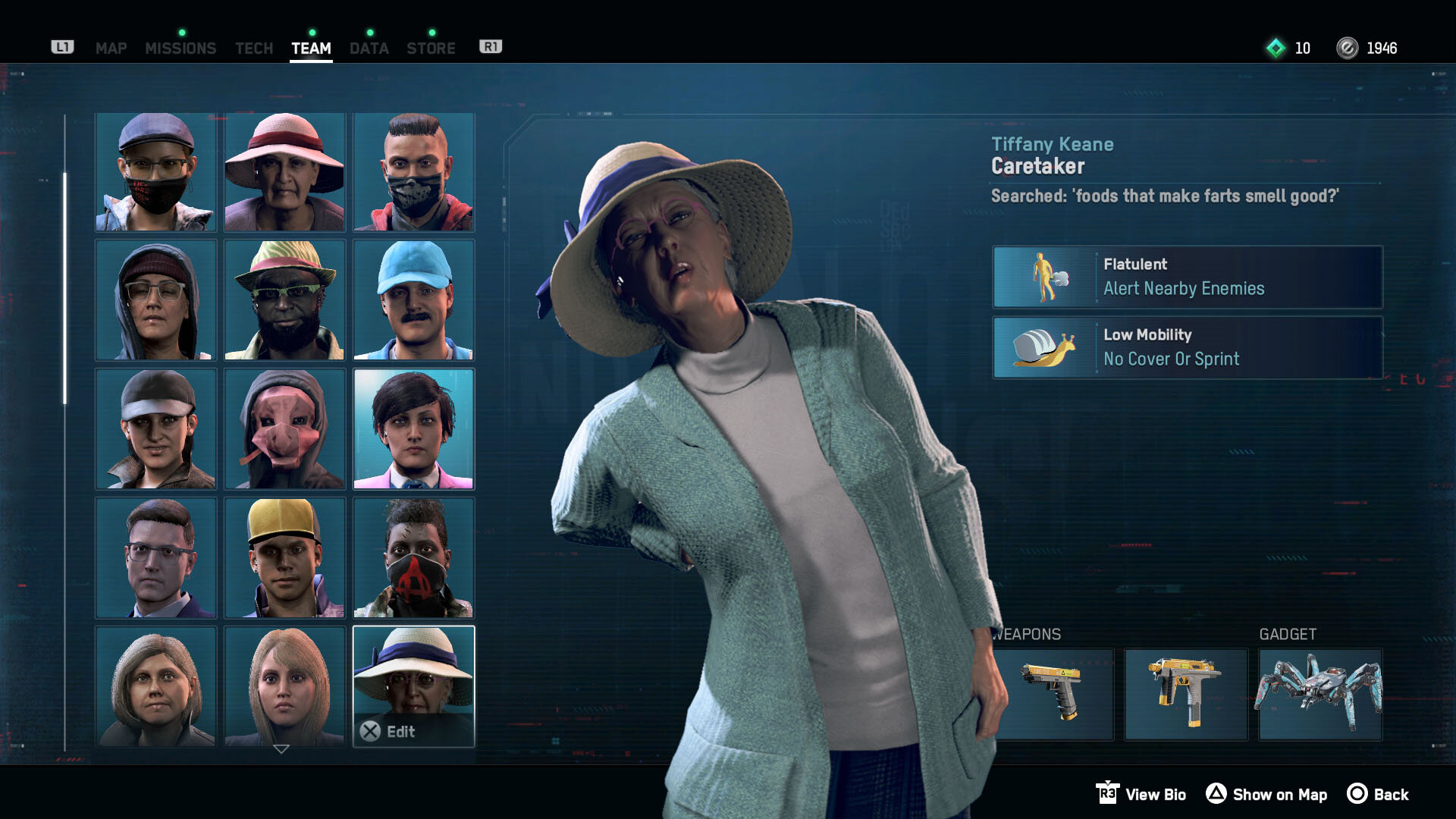
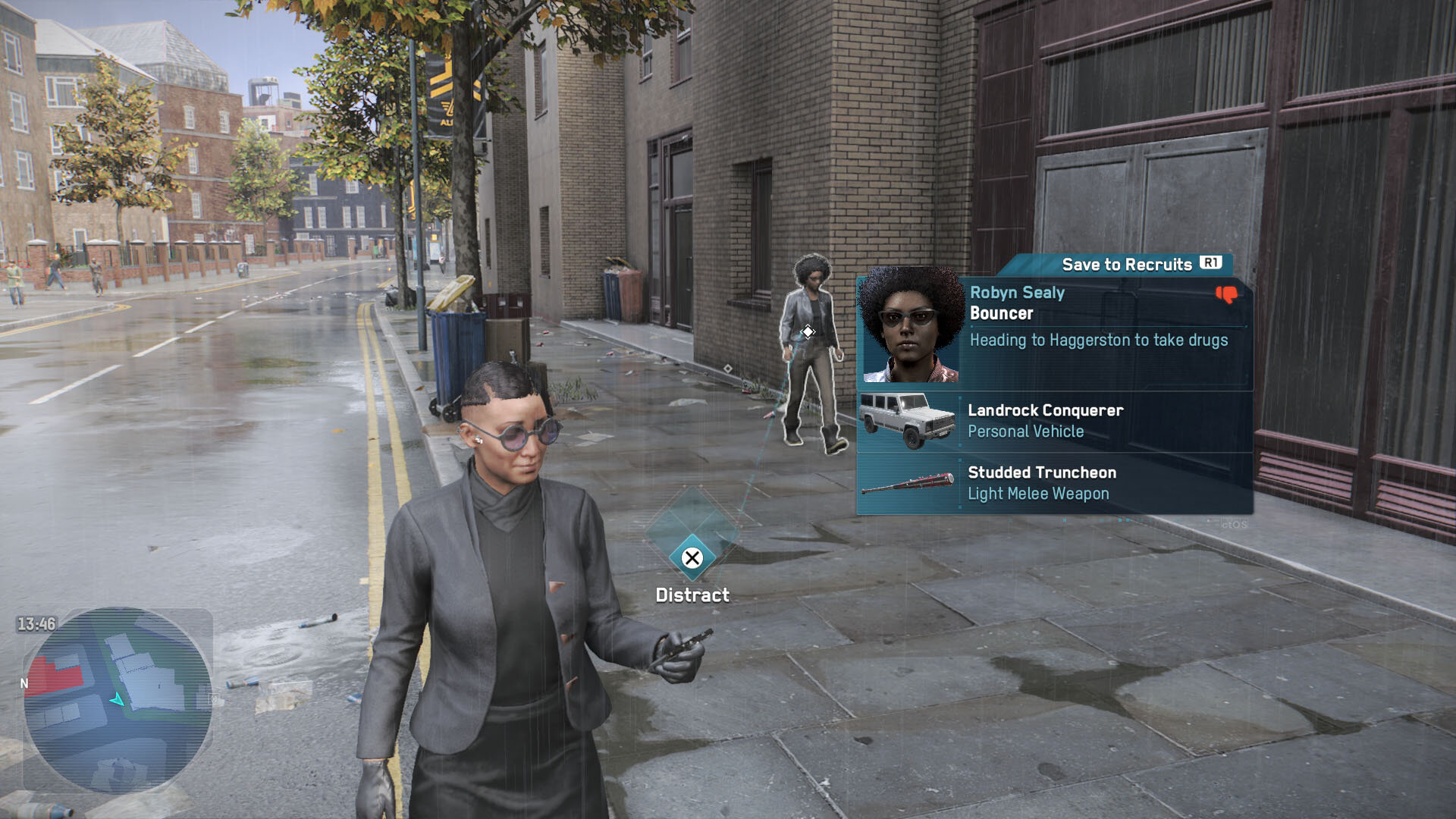
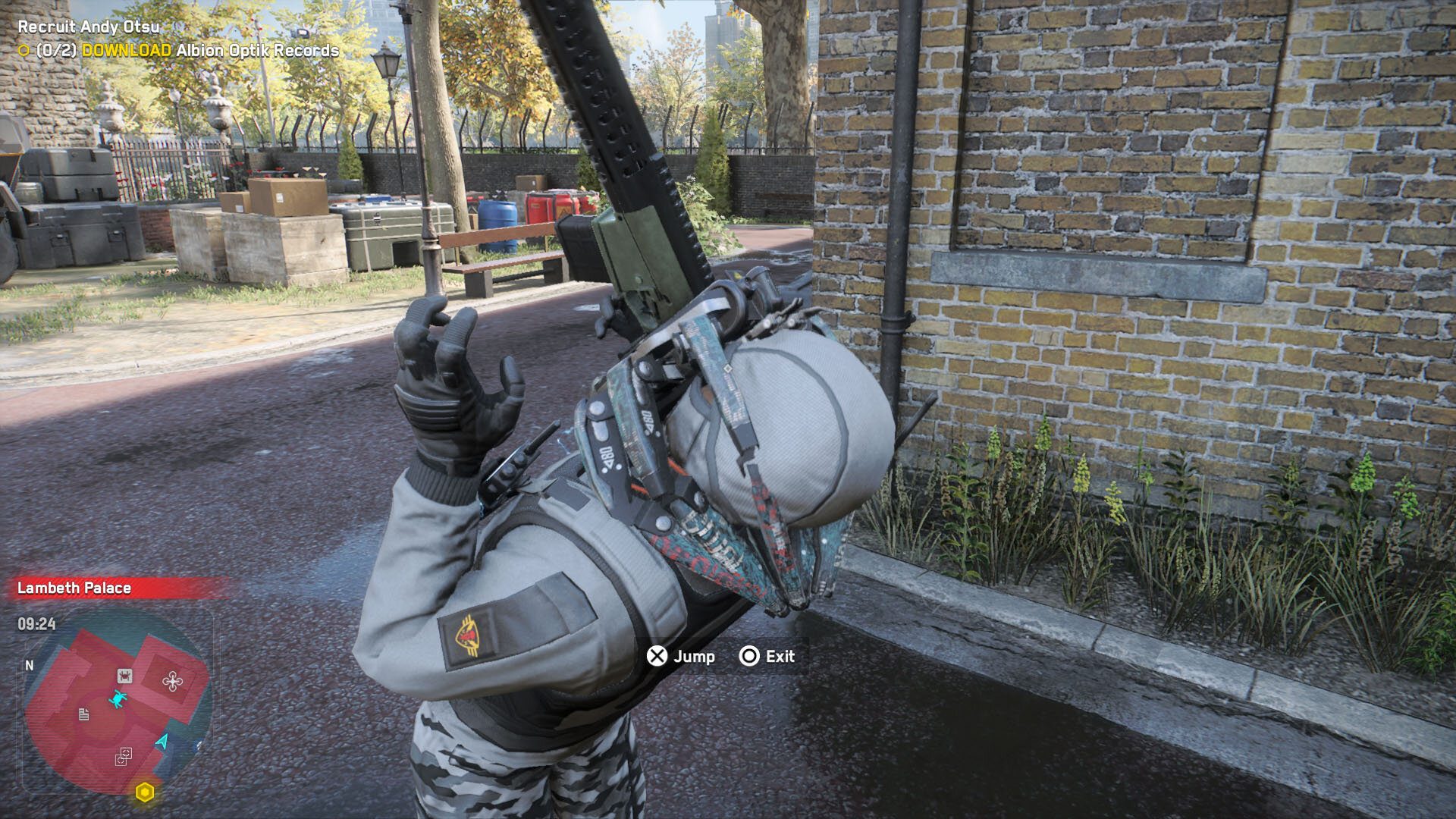
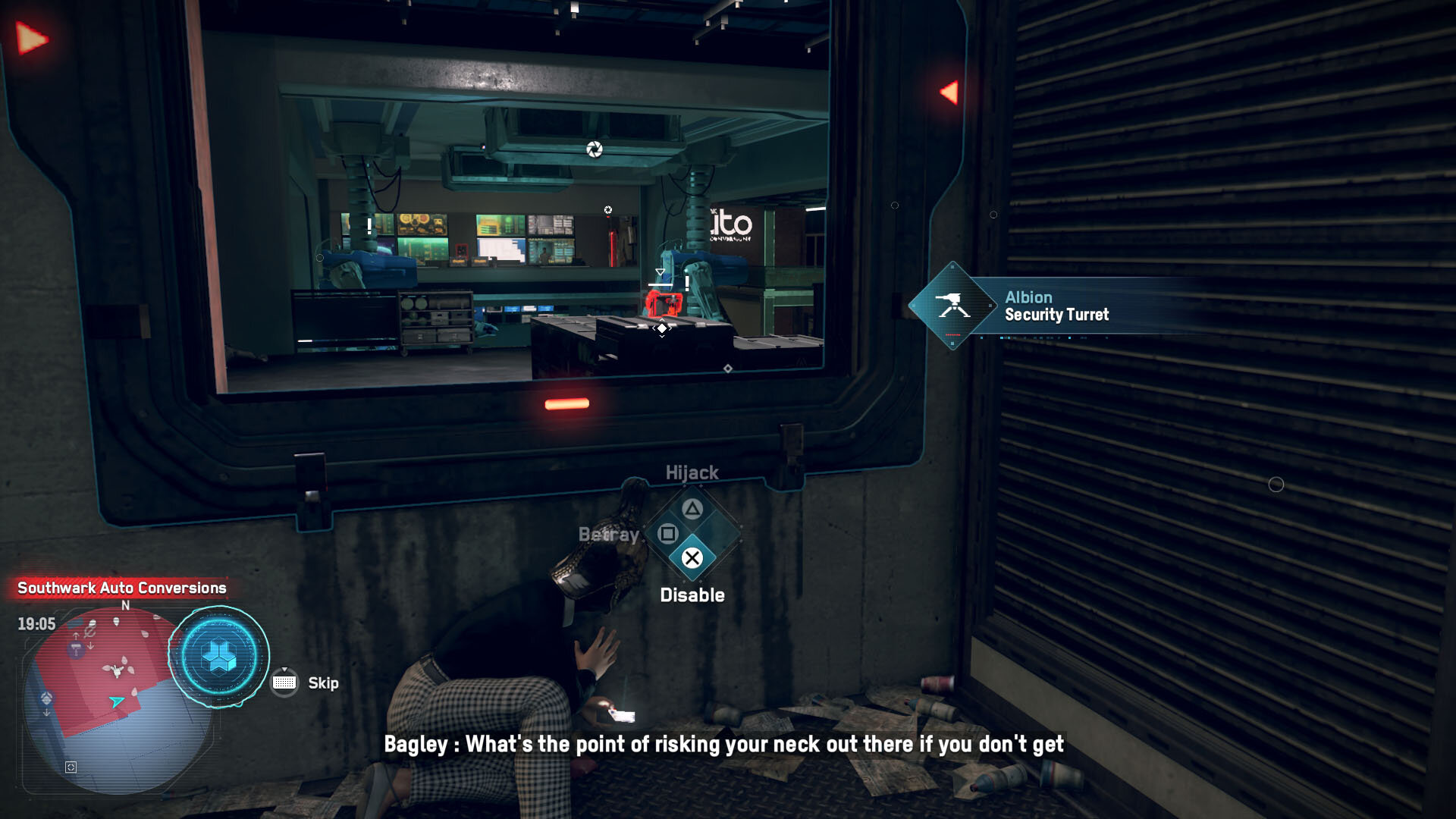
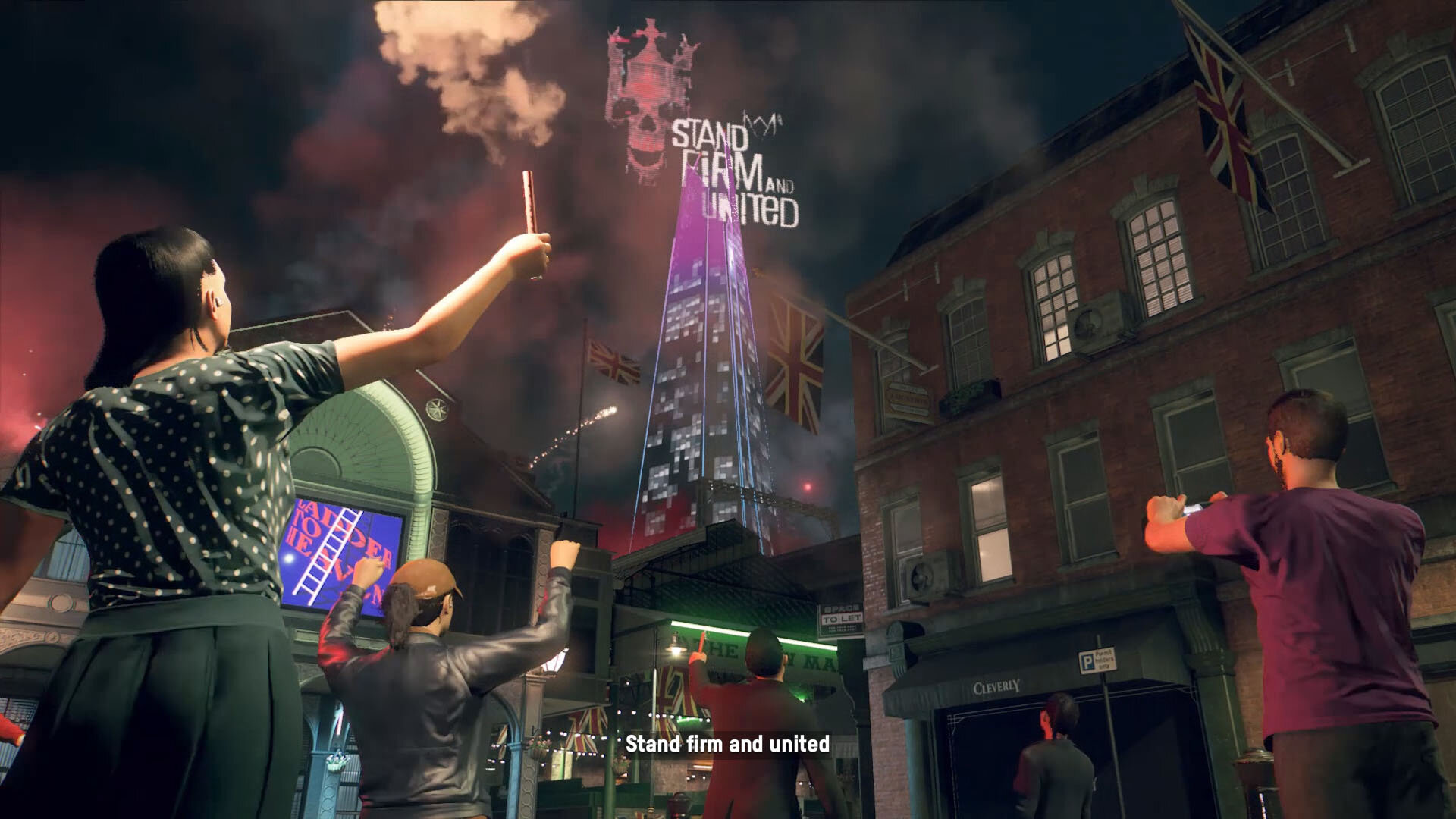









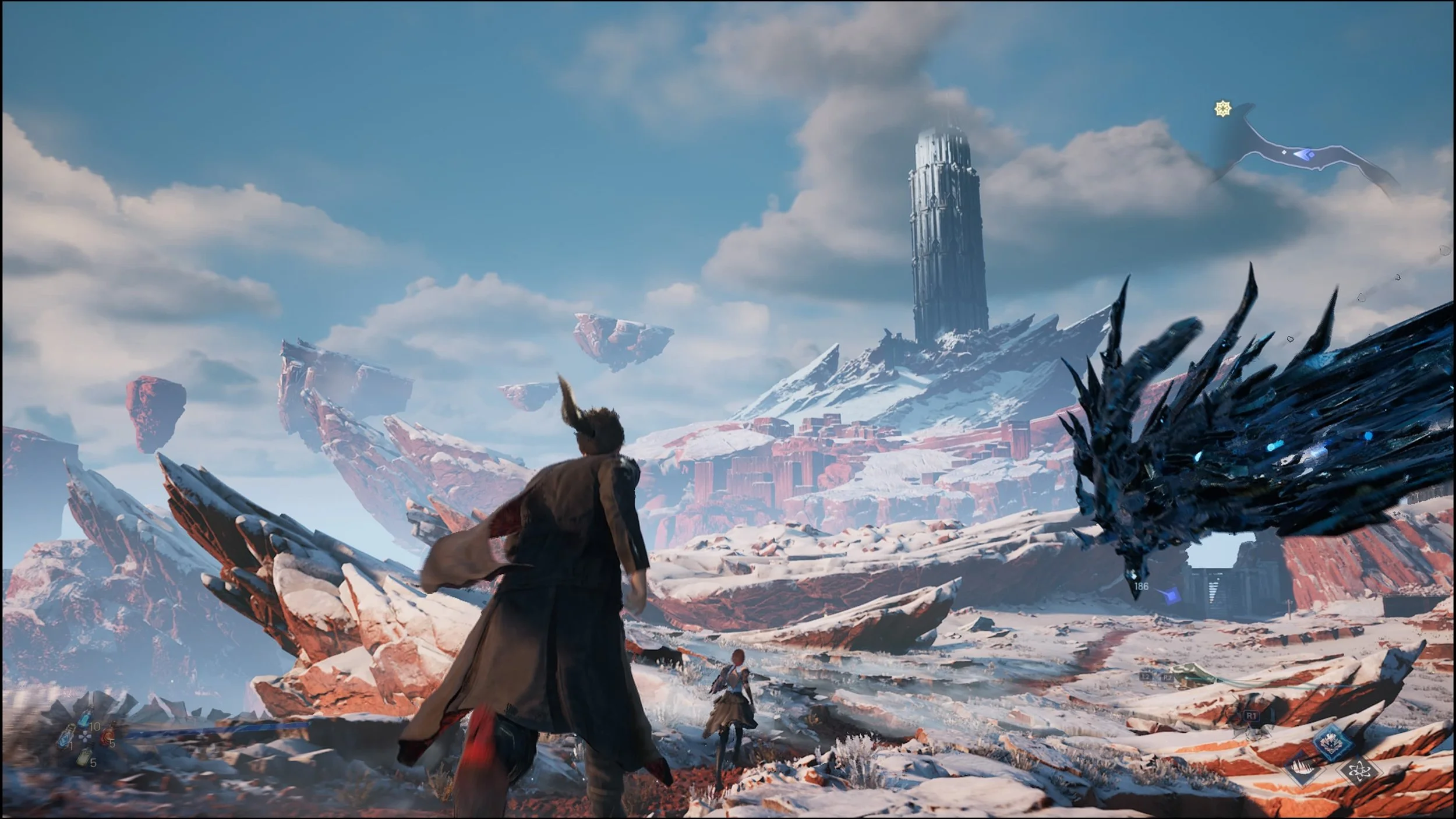


SEGA and Ryu Ga Gotoku Studios put a ton of love and care into Yakuza Kiwami 2, and it runs flawlessly on Switch 2. If you’re like me and itching for a reason to take a plunge into the Yakuza universe, there’s no better time than the present.